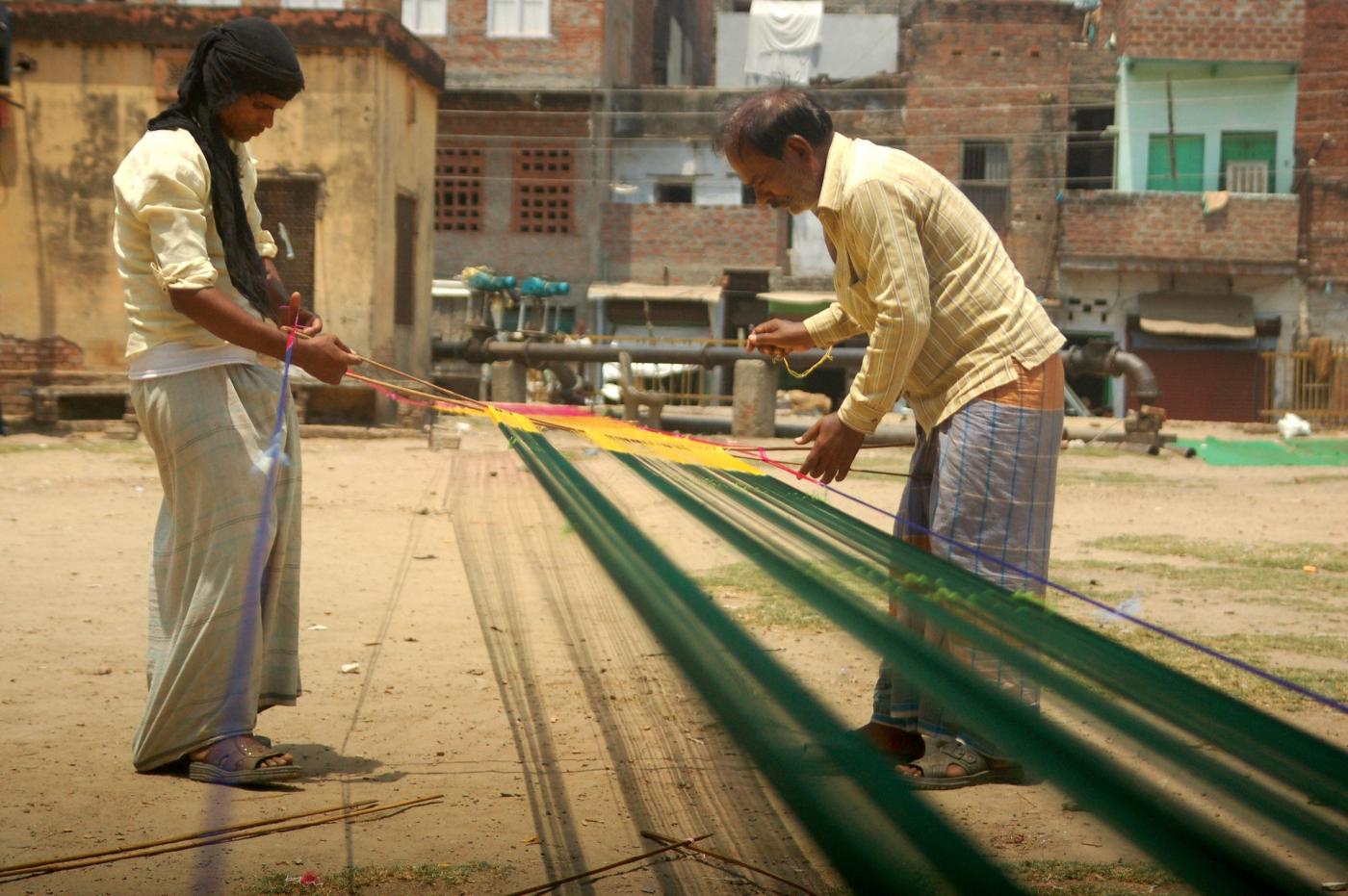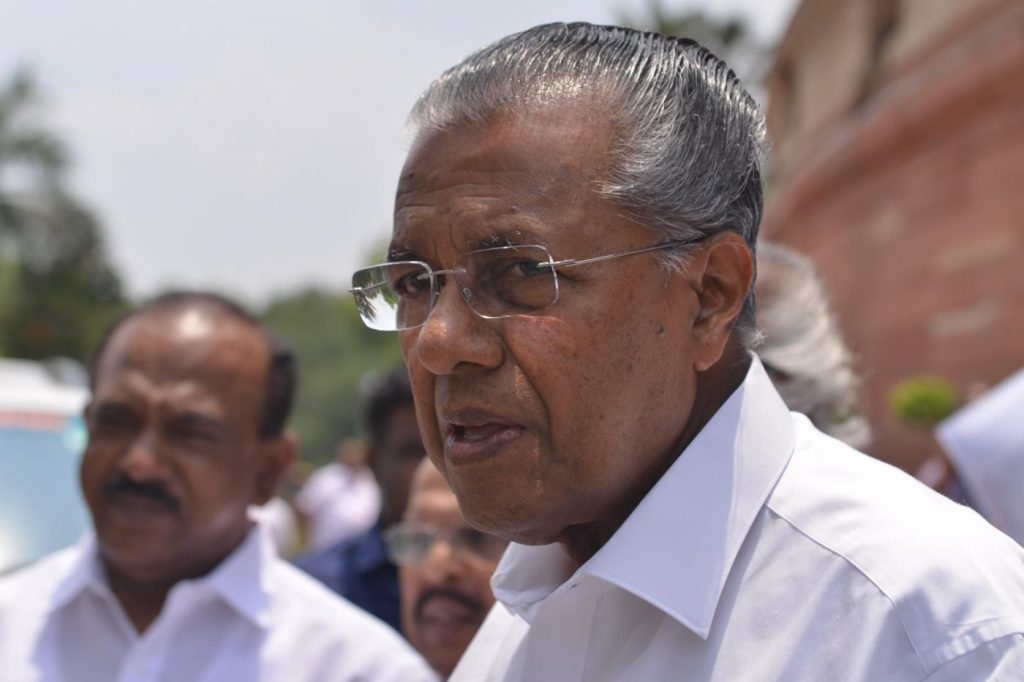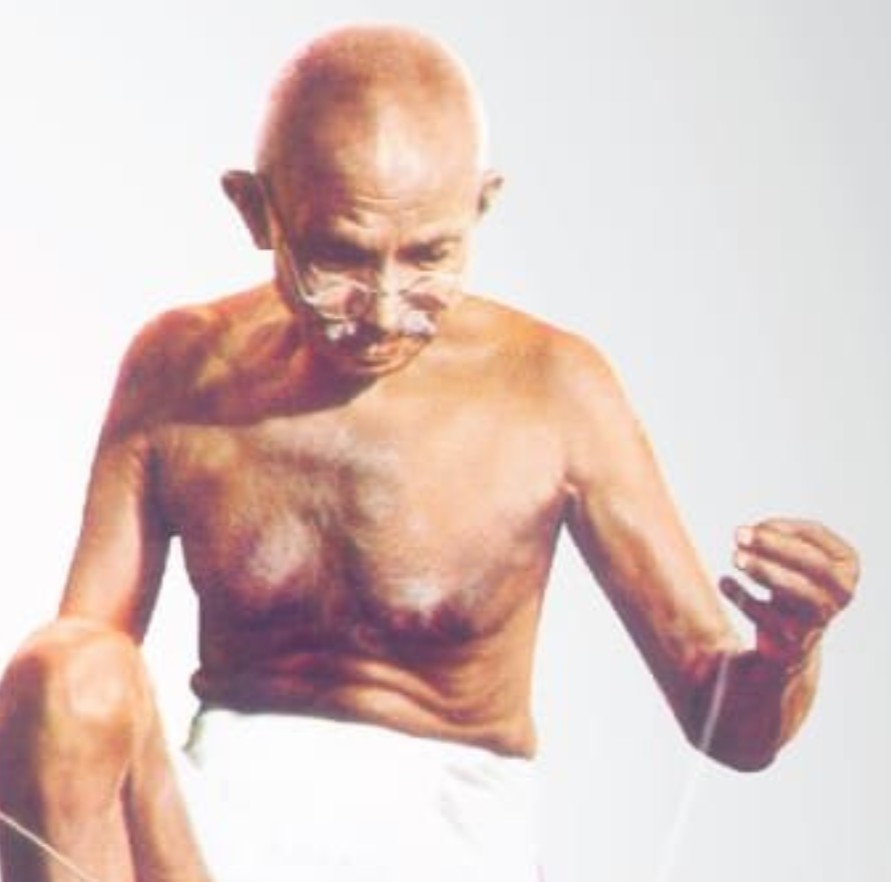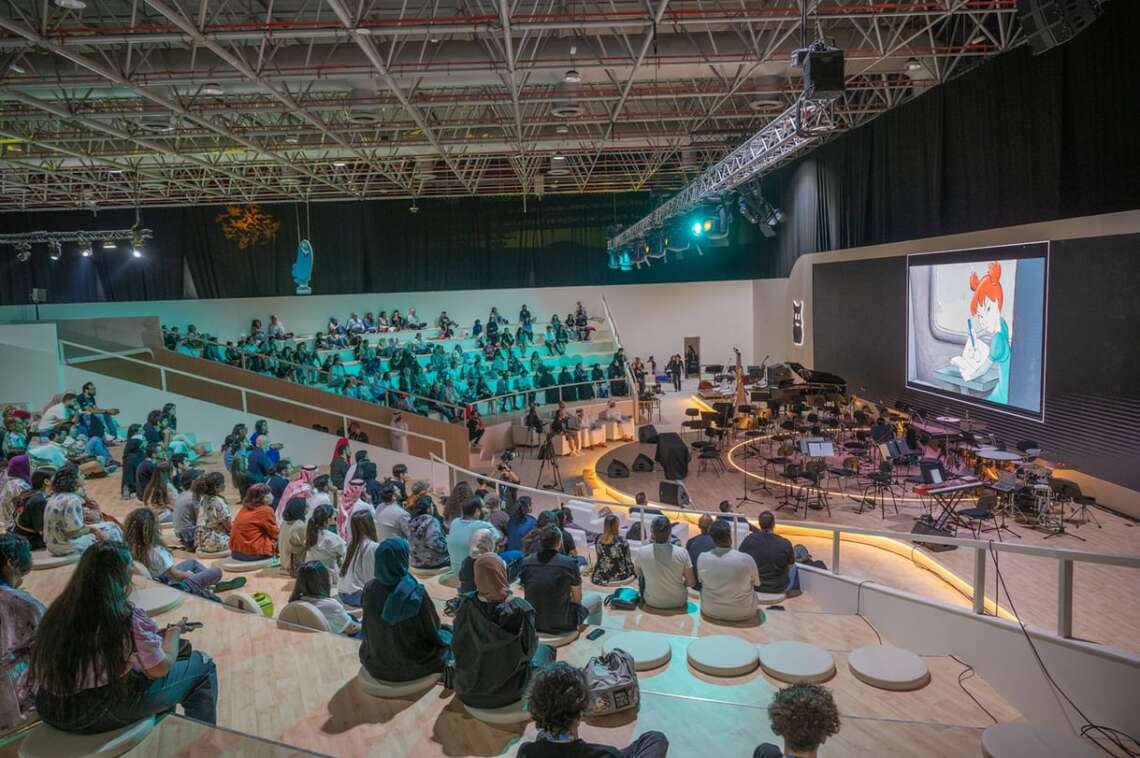While the rest of Varanasi preparing to re-elect Prime Minister Narendra Modi later this week, the weavers in the city are worried about power problems which has led to their dwindling business and livelihood problems…writes AMITA VERMA

Majority of these weavers belong to the Muslim community who are even wary of talking about their problems.
“First demonetisation killed us, then came GST and now power (electricity) has spelt doom for the business. Hamari zindagi ka tana-bana he bigad gaya hai (The warp and weft of our lives has gone awry),” said Rafiq Ansari, a weaver who is planning to shut his shop in Lanka area.
Rafiq said the weavers here are not even ready to talk about their problems as the atmosphere is surcharged with political talks.
“If we say a word, we will be labelled as ‘anti-national’. We have decided to keep quiet. Power cuts in Varanasi are more of a rule than an exception. Since the Muslim localities suffer more power cuts than those with mixed population, we can read the writing on the wall,” he explains.
Rafiq said online business have also suffered a jolt due to the erratic internet services in the area.
“‘Before notebandi’, business was good for all-buyers and sellers. The buyers stopped coming in after notebandi and then GST made sure that export of Banarasi saris and material took the hit,” he said.
Since most of the weavers are illiterate and not computer savvy, there are additional costs of charted accountants who help them fill up the GST returns.
His younger brother Shadab Ansari said that the weavers’ community had obtained the Geographical Index (GI) in 2009 for Banarasi saris and material.
“We had designers like Sabyasachi and Tarun Tahliani coming to Varanasi and buying our saris and material. The business was booming and we were also getting the credit where it was due. But now business has plunged to an all-time low. No one is talking about power cuts because everyone wants to believe that the Prime Minister’s constituency is the best in the world,” said Shadab.
Most weavers say that opting for generators is not a feasible idea since it only serves to add to the production cost.
He said the Deendayal Hastkala Sankul in Varanasi that was set up to facilitate trade has not served its purpose.
“There is no conscious effort to promote the weaves of Varanasi. It is easier for us to deal directly with buyers in various parts of the country. Business has suffered to such a large extent that my two grandsons have already left for Mumbai to find a job,” said Rahmatullah Ansari ,an octogenarian, who belongs to Mubarakpur in Azamgarh and has been living in Varanasi since 1980.
“In the next decade or so, I feel most of the weavers’ families will have left this trade,” he added.
Bizarre though it may sound, the ‘Namami Ganga’ project has also proved ‘unfriendly’ for weavers.
“We are not allowed to dispose of the dyes in the Ganga river and the government has not set up filter plants. Anyone found disposing the dyes in the river, is immediately fined. The punishment is all the more if the weaver is a Muslim. Magar hum ro bhi nahin sakte (But we cannot even cry),” says another weaver who did not wish to be named.








